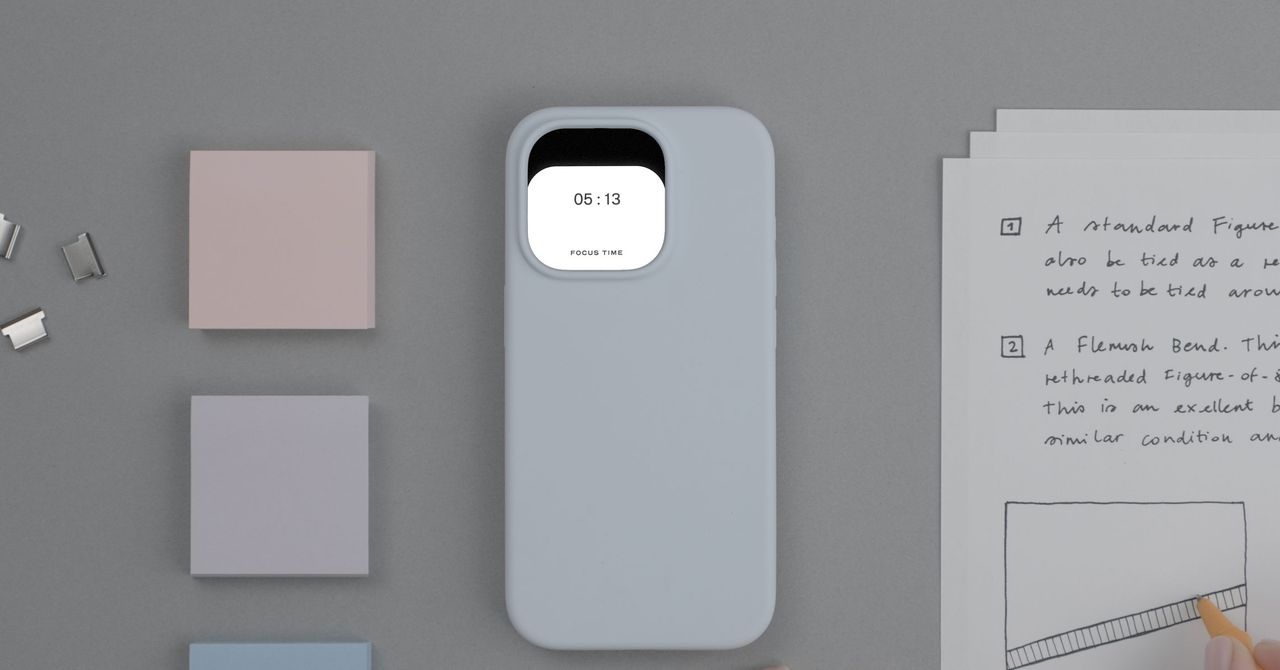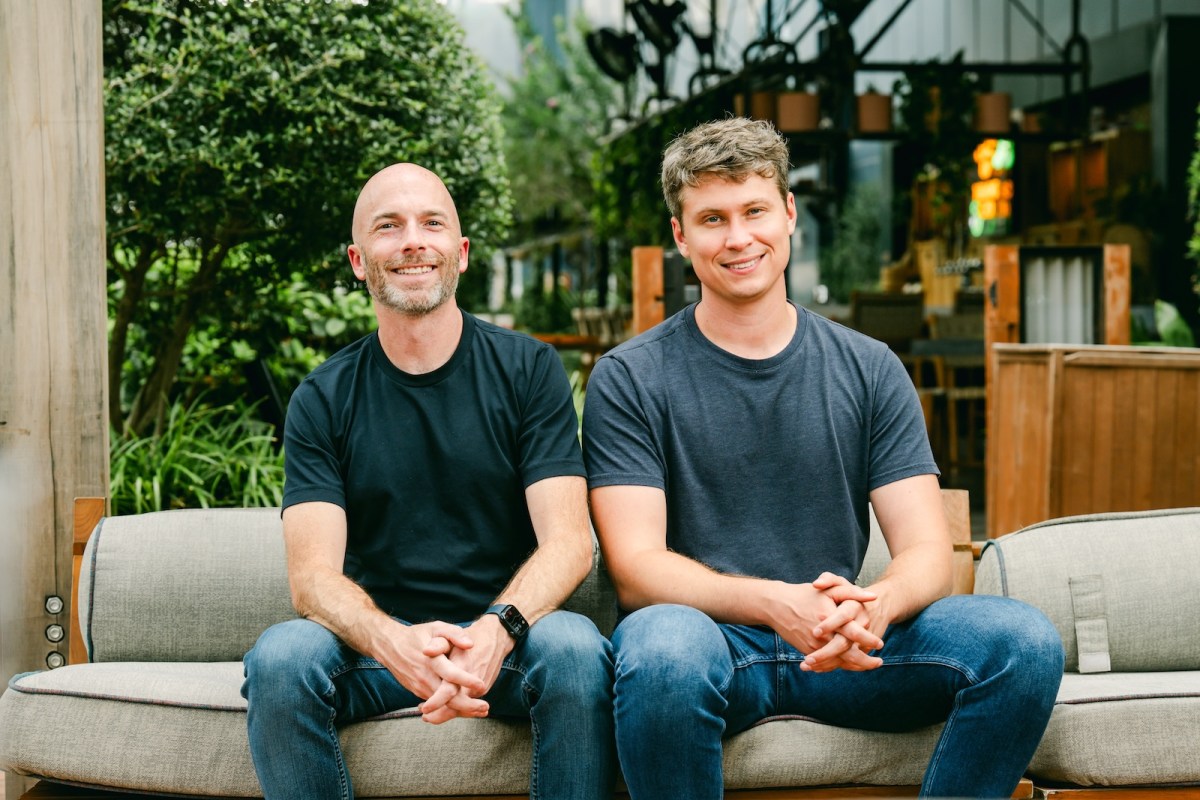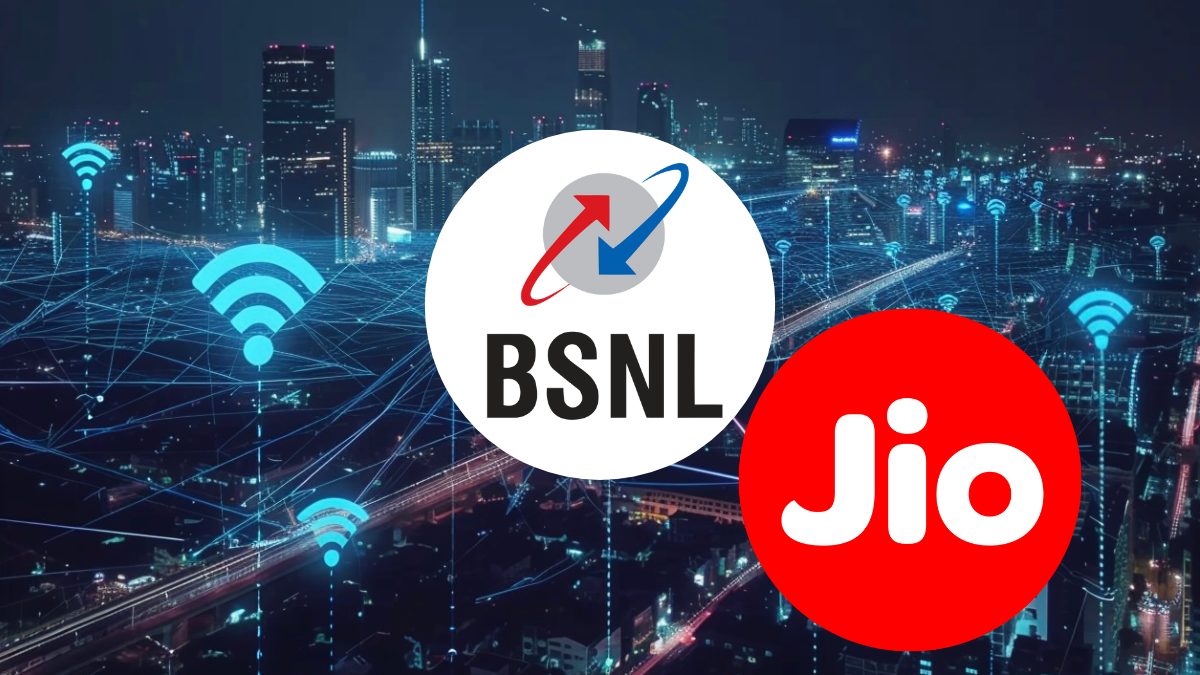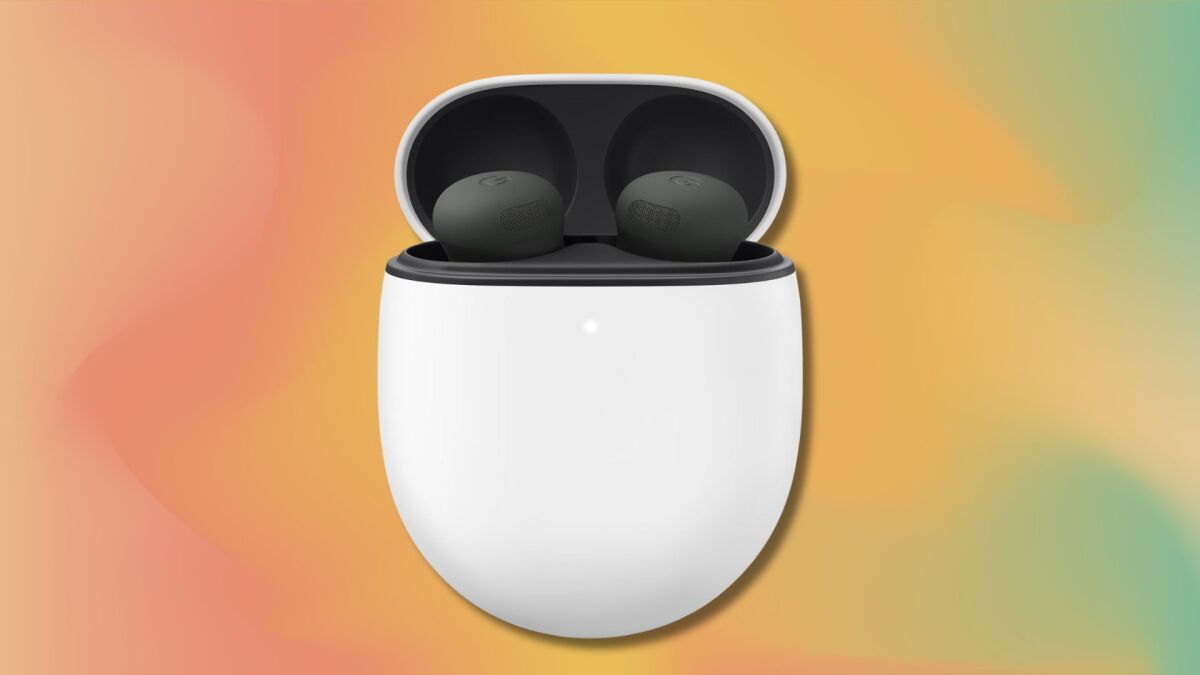
Do you want to reduce the time you spend looking at your phone? Just cover the screen.
An art studio hopes that its idea for a phone case capable of rotating and covering a large part of the screen will help combat addiction to mobile devices.
The bond between people and their smartphones is often ambivalent. While these devices are commonly pointed out as responsible for a collective sense of digital despair, it has become a challenge to stop using them. Despite multiple attempts to regain our attention, such as the digital wellness tools available on Android and iOS, many people remain trapped in a cycle of compulsive use.
There are alternatives, such as "dumb" phones and new initiatives aimed at limiting smartphone usage. One example is the Light Phone, a minimalist device that offers only essential functions to avoid distraction. However, a design study in London has proposed a different solution: covering the phone.
Special Projects, an agency focused on digital well-being, has developed a prototype called Aperture. This innovative phone case is designed to minimize screen visibility by largely covering it. The idea is simple: remove the back of the case, flip it, and place it over the screen. The goal is that, by not having constant access to information, users will focus on what truly matters, such as messages and calls.
Instead of completely covering the screen, Aperture leaves a small window to display only crucial information. An application will control what is shown in that section, presenting it in a clean and minimalist way, disappearing when not needed. Clara Gaggero Westaway and Adrian Westaway, founders of Special Projects, explain that the act of removing the case becomes a minor inconvenience that reduces compulsion, transforming automatic behavior into conscious action.
Although this case is not yet in production and is more of an artistic project than a commercial product, its creation aims to foster deeper reflection on the time we spend on our phones. According to the creators, the key is to help people use technology more mindfully.
The inspiration for Aperture arose while the team was working on Paper Phone, an app that turns smartphone information into a sheet of paper. Noticing that the camera hole on the back of a case was the same size as an Apple Watch screen, they considered the possibility of creating a device that would utilize that space.
However, converting any case into one compatible with Aperture presents challenges. The manufacturing of certain cases may not allow for use in both directions, and access to the operating system would be necessary to display information in the cut-out window. This would involve downloading an app and granting permissions, necessitating collaboration with manufacturers like Apple and Google.
Despite the challenges, the team is in talks with case manufacturers to develop a product that functions effectively both on the back and front of the device. The aspiration is that physically blocking the screen will have a more significant impact than the available software tools, especially considering recent studies indicating that restricting access to mobile internet can improve attention and overall well-being.
Matteo Bandi, another designer at Special Projects, shares his own struggle to reclaim his attention, emphasizing that traditional strategies, such as changing the phone to black-and-white, tend to offer temporary results. Although Aperture is still in its early stages, Special Projects is seeking feedback on functionalities that would help if this idea becomes a reality.
The focus is not on eliminating technology altogether but on finding ways to empower users to control their relationship with their devices.



